Are you intrigued by the idea of studying in Lithuania? It’s a rising star among international students for several reasons. This Baltic gem not only provides a diverse range of English-taught degrees but also ensures a high-quality education. What’s more, the tuition fees and cost of living are surprisingly budget-friendly. Let’s unravel the details that make Lithuania an exciting prospect for students.
Tuition Fees: Unlocking the Cost of Knowledge
Studying in Lithuania won’t break the bank. On average, Bachelor’s degrees range from €2,000 to €5,000 per year, while Master’s degrees typically cost between €4,000 and €9,000. Although prices can vary based on the institution and the chosen field, there’s something for everyone. For instance, a Master’s in medicine or dentistry might be on the higher side, around €14,000 per year.
Sample Tuition Fees at Select Universities:
- Vilnius University: Bachelor’s €3,200, Master’s €5,000 to €14,000
- Vilnius Gediminas Technical University: Bachelor’s €3,500, Master’s around €4,500
- Kaunas University of Technology: Bachelor’s around €3,000, Master’s around €5,000
- Vytautas Magnus University: Bachelor’s €3,500, Master’s €5,000
Application Fees: The First Step in Your Journey
Applying to Lithuanian universities usually comes with a fee, typically around €100. However, exemptions exist. EU/EEA undergraduate students applying for state-funded places may be spared this fee. Once enrolled, a registration fee, varying by institution (e.g., €50 at Kaunas University of Technology), might be on the horizon. Non-EU/EEA students, however, will likely face an application fee, typically paid during the online application process.
Study for Free? A Real Possibility!
Believe it or not, some lucky students can enjoy tuition-free education in Lithuania. EU/EEA nationals, Lithuanian nationals abroad, and those with Lithuanian origins can apply for state-funded study places. EU students can even explore state-supported loans. Unfortunately, non-EU students aren’t eligible for these options, but the good news is there are numerous scholarships and fee waivers available.
Scholarships: Financial Support for Your Dreams
Great news! Scholarships in Lithuania are accessible to both EU and non-EU students. Individual universities, like Kaunas University of Technology and Vytautas Magnus University, offer full or partial tuition waivers. External organizations, including the Education Exchanges Support Foundation, also provide various scholarships.
When to Pay Tuition Fees: Navigating the Financial Timeline
If state-funded places or scholarships aren’t in your cards, you’ll need to pay tuition fees. The timing of payments varies by institution, so it’s crucial to inquire early. Some universities may require an advance payment. For example, students admitted to Vilnius University through the online system must pay the first-year fee within 15 days of the invitation. Flexibility exists too; Vilnius University allows fee payments in instalments.
Application Deadlines: Timing Is Everything
Applications typically open in January and close between May and June for the autumn intake. However, deadlines can vary, so check with your chosen university. Bachelor’s degree applications through the Lithuanian Higher Institutions Association have a specific June deadline. International students needing a visa may face different deadlines, such as Vilnius University’s earlier deadline for non-EU/EFTA students (1 June).
Cost of Living: Living Well on a Budget
The good news continues! Lithuania boasts an affordable cost of living, around 20% lower than the UK. Rent in cities like Vilnius is significantly cheaper than major European counterparts. On average, international students spend between €300 and €700 per month. Dorm rooms can be found for under €100, while student residences may range up to €250. Don’t forget your student ID; it unlocks discounts, including a €5.80 monthly pass for public transport in Vilnius and Kaunas.
Work and Study: Balancing Education and Employment
Good news for students looking to earn while studying! Lithuania allows both EU and non-EU students to work up to 40 hours per week during their studies. Non-EU students require a work permit. Post-graduation, non-EU students can stay up to 15 months to find employment, with no residency and work restrictions for EU graduates.
Ready to embark on your Lithuanian adventure? Explore Bachelors & Masters on Muxbay now!










